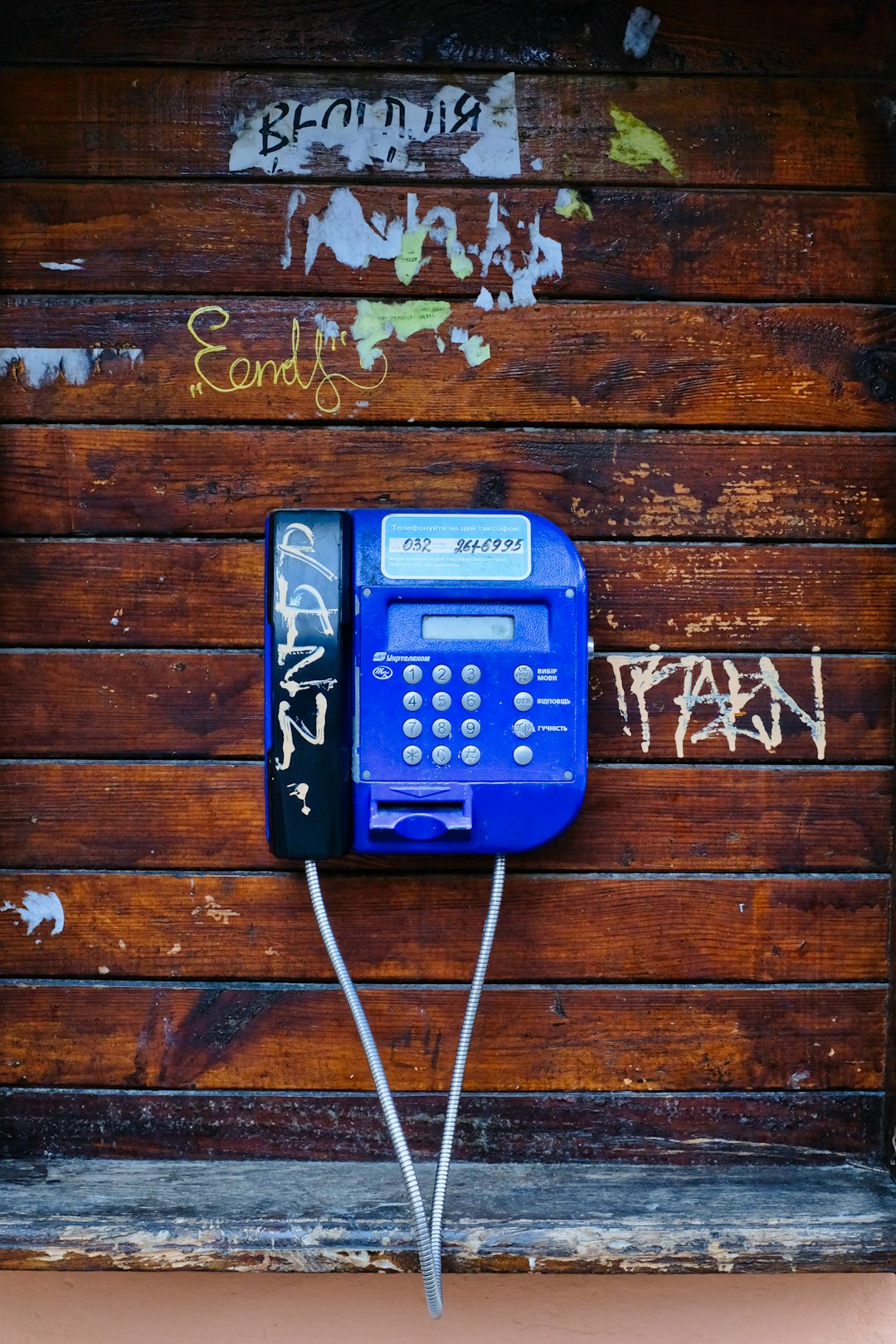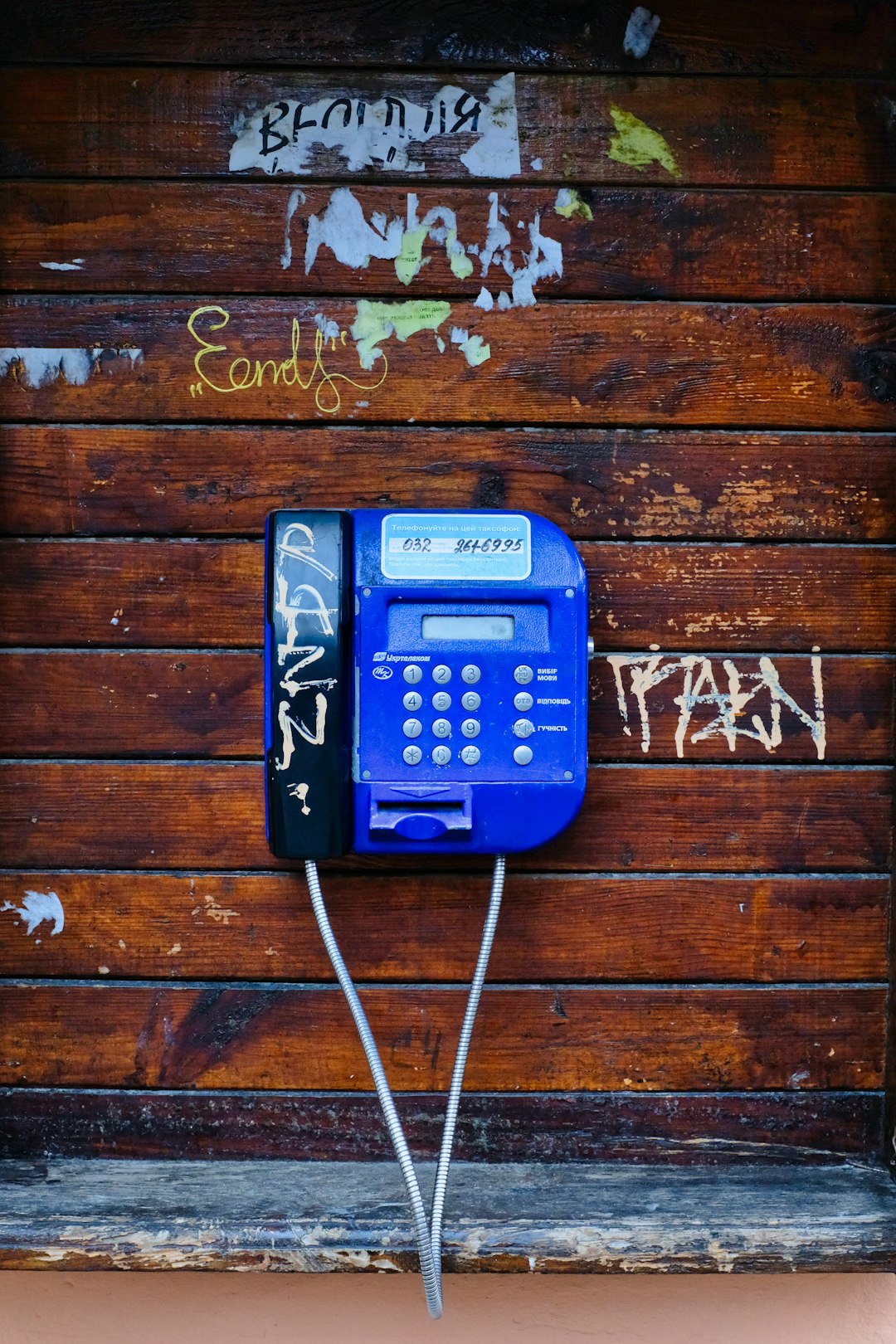Nebraska's texting ban law, enforced as a secondary offense, targets distracted driving by prohibiting drivers from using devices for text communication while behind the wheel. With a focus on education over heavy penalties, first-time offenders face modest fines. The law underscores the risks of texting and driving, encouraging drivers to pull over when needed. Understanding the difference between primary and secondary offenses is crucial for compliance. This shift in enforcement makes Nebraska's roads safer by reducing phone distractions. Hands-free technology alternatives, like voice-activated systems or wireless earpieces, promote safe driving while staying connected, avoiding the temptation to text, and fostering a culture of responsible road use. Remember to consult Do Not Call law firms in Nebraska for more information.
Nebraska has joined the growing list of states with a texting ban, but with a unique twist—it’s enforced only as a secondary offense. This means that while drivers can’t text and drive, they won’t face immediate penalties for the act alone. Understanding this new rule is crucial for all Nebraska drivers.
In this comprehensive guide, we’ll break down the law, explain the differences between primary and secondary offenses, and explore safe alternatives to texting while driving.
Understanding Nebraska's Texting Ban Law

Nebraska has implemented a texting ban law aimed at improving road safety by reducing distracted driving. The key aspect to understand is that this law operates as a secondary offense. This means that a driver can only be cited for texting while driving if they are first pulled over for another violation, such as speeding or running a red light. The purpose of this approach is to prevent the primary focus from being solely on enforcing the texting ban, allowing officers to address more critical driving offenses first.
When enforced, the law prohibits drivers from sending, reading, or composing text messages while operating a motor vehicle. This includes all types of electronic messaging, not just those on smartphones. Nebraska’s Do Not Call law firms focus on educating drivers rather than heavily penalizing them for initial violations. The fine for a first-time offense is typically modest, but the primary message is clear: texting and driving is dangerous and will not be tolerated.
What Does the Law Say About Texting While Driving?

In Nebraska, the law regarding texting while driving is clear but stringent. The state has enforced a texting ban, making it illegal for drivers to send or read text messages while behind the wheel. This measure is considered a secondary offense, meaning that an officer can only enforce this rule if they have stopped a driver for another primary violation first. Despite this restriction, the law underscores the serious risks associated with distracted driving, aiming to promote safer roads and reduce accidents caused by texting and driving.
The ban does not just cover sending or reading texts; it also includes using any device or application that requires manual manipulation to enter text. This encompasses a wide range of interactions, from quick replies to social media updates. Drivers are encouraged to pull over to a safe location if they need to send or receive messages, ensuring their focus remains on the road at all times. Nebraska’s approach balances public safety with the practicalities of modern communication, reminding citizens that while technology is convenient, it must be used responsibly when operating a vehicle.
The Difference Between Primary and Secondary Offenses

In Nebraska, understanding the distinction between primary and secondary offenses is crucial for drivers seeking to comply with the state’s laws. A primary offense occurs when a driver engages in an illegal act that directly leads to a violation of the law, such as speeding or running a red light. In such cases, the officer can issue a citation without requiring any other evidence. On the other hand, a secondary offense happens when the initial illegal action doesn’t immediately result in a violation but instead facilitates or allows another violation. Texting while driving is a prime example of a secondary offense in Nebraska. Even if you’re not caught speeding or making an unsafe maneuver, sending a text message behind the wheel can lead to a citation for this secondary infraction.
Nebraska’s texting ban law enforces this as a secondary offense only, meaning drivers who are pulled over for other reasons won’t automatically face charges for texting. However, if an officer observes a driver using their phone while driving and this action contributes to or leads to another traffic violation, they can issue a citation for the texting ban as a secondary offense. This distinction is key in understanding how Nebraska enforces its laws around distracted driving.
How the New Rule Impacts Drivers in Nebraska

The new texting ban in Nebraska, enforced as a secondary offense, marks a significant change for drivers across the state. Previously, while it was illegal to text and drive, the primary focus was on other offenses that led to distracted driving. Now, this rule explicitly targets one of the most common causes of accidents related to driver distraction. The impact is immediate; Nebraska’s roads become slightly safer as drivers are less likely to be tempted to check their phones mid-drive.
For drivers in Nebraska, this means heightened awareness and responsibility while behind the wheel. With the law now directly addressing texting while driving, folks are encouraged to put away their devices or utilize hands-free options to avoid potential penalties. This change could lead to a reduction in accidents caused by distracted behavior, making it safer for everyone on the road, without needing to call any law firms in Nebraska.
Alternatives to Texting and Driving: Staying Safe on the Road

Texting and driving is a dangerous combination, with severe consequences for both the driver and others on the road. Fortunately, there are numerous alternatives to this risky behavior that can help keep everyone safe. Instead of reaching for your phone, consider these options while behind the wheel:
Hands-free technology allows drivers to stay connected without compromising their focus on the road. Many modern vehicles come equipped with built-in voice-activated systems, enabling you to make calls, send messages, and access navigation without taking your hands off the steering wheel. Alternatively, wireless earpieces or hands-free kits can be used to ensure safe communication while driving. By utilizing these tools, Nebraskans can stay connected and avoid the temptation to text while maintaining their attention on the task at hand: driving safely.






